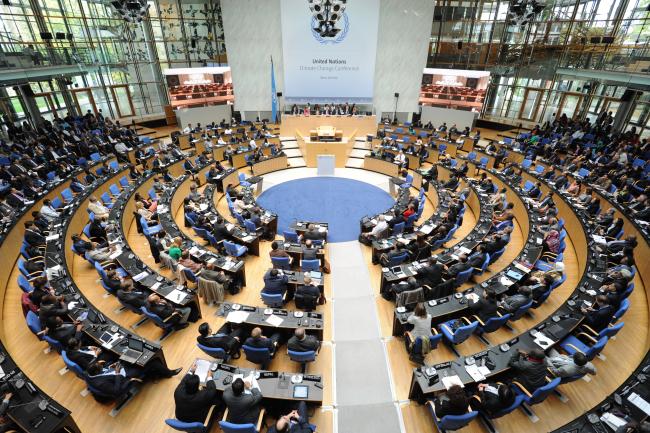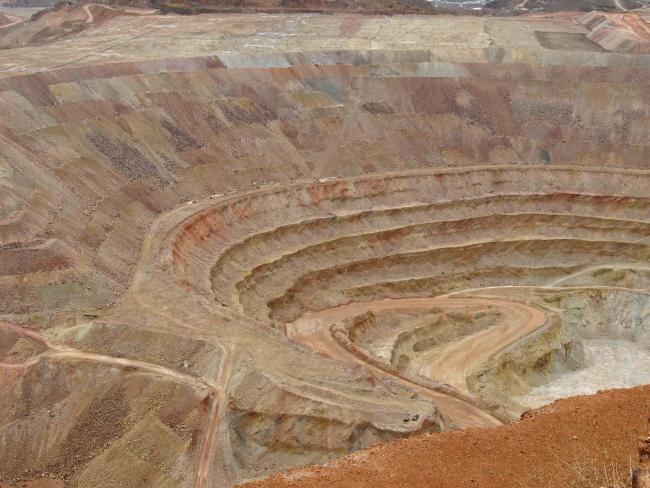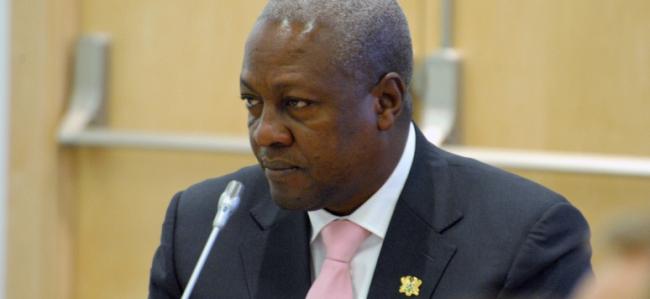Energy - Climate
In the face of the climate emergency and geopolitical confrontations, how can we reconcile security of supply, competitiveness, accessibility, decarbonization and acceptability? What policies are needed?
Related Subjects

COP30: An Inflection Point for Climate Action and Governance
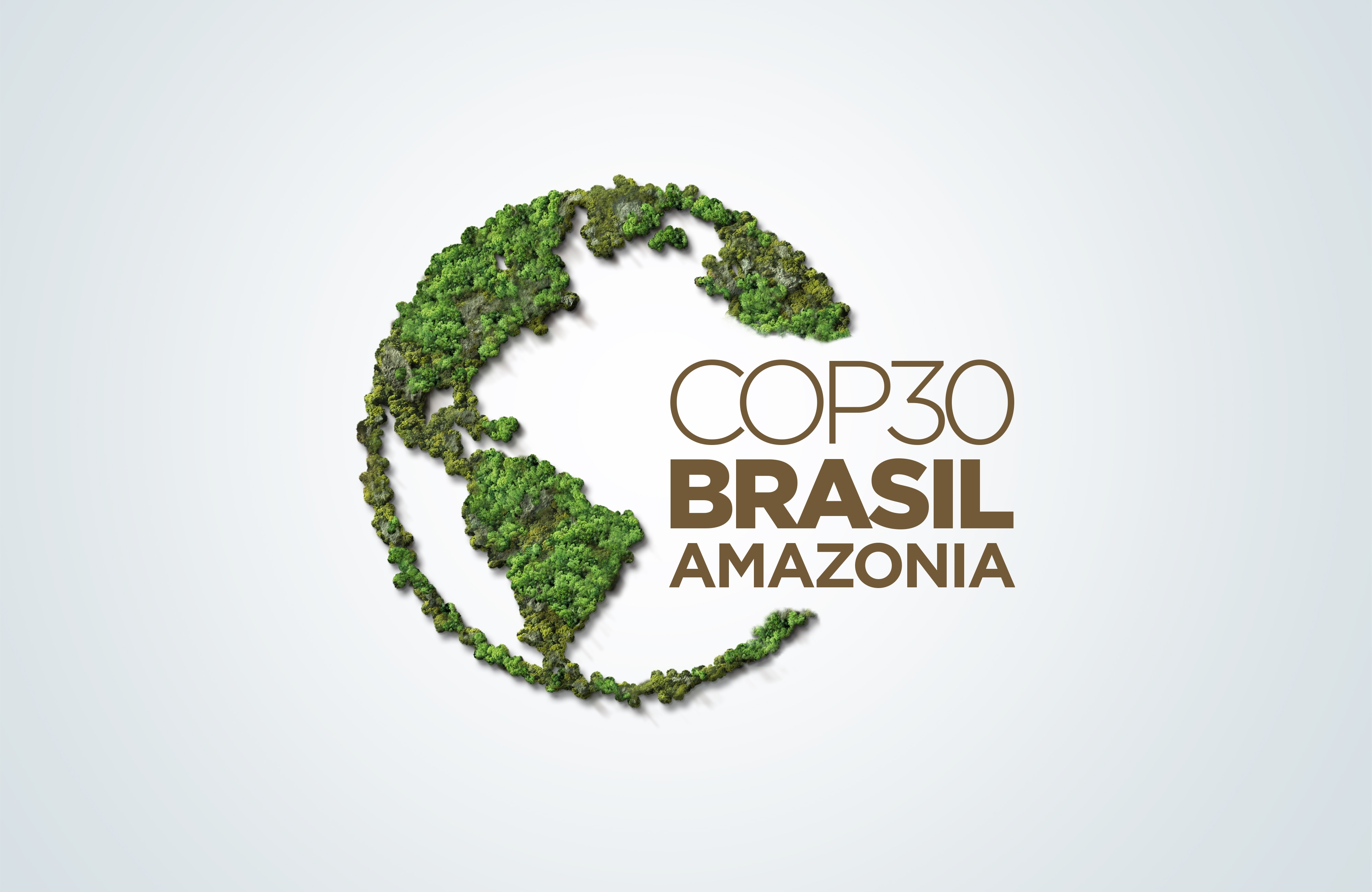
The 30th Conference of the Parties (COP30), opening in Belém, Brazil, on November 10th 2025, convenes at a perilous moment.
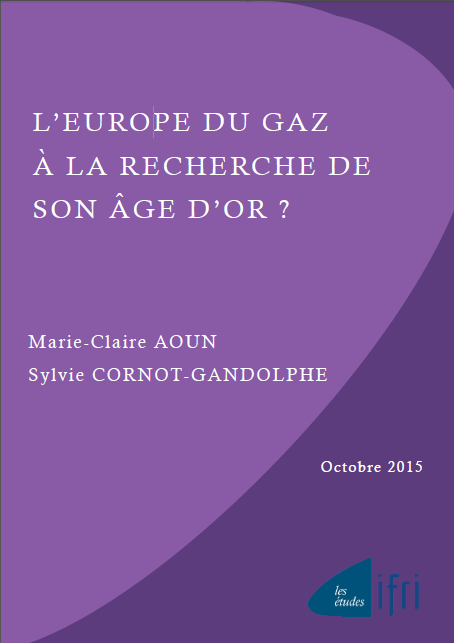
The European Gas Market Looking for its Golden Age?
The EU gas policy has to deal with a new landscape on the supply and demand sides. This study examines five major recent evolutions of the EU gas market: the relations with Russia, LNG coming back to Europe, the decrease of Groningen production, the contrasted evolutions of shale gas and the perspectives of EU natural gas demand.

A New Era of Oil Abundance?
From 2014 to 2015, the price of oil fell.
Shaping Expectations to Foster the Low Carbon Transition: Can COP21 be a catalyst for action?
This report explores the debate on how COP21 could shape expectations of a global shift towards decarbonisation and thus boost low carbon investments.
Climate Action beyond COP21 - Conference Brief
On November 4th 2015, the Ifri Center for Energy held an international conference on the future of Climate Action beyond the COP21. The conference brought together key experts to outline reasonable expectations for the Paris Climate Summit, in terms of binding commitments from the parties and, more broadly, in terms of the profound transformation that an agreement could trigger.
There Will Be Gas: Gazprom’s Transport Strategy in Europe
The key role of Ukraine in the transportation of Russian gas and the underground gas storage facilities are a legacy of the Soviet era. From the mid-1990s onwards, Gazprom has repeatedly tried to control gas transit through Ukraine and other infrastructures from the Soviet era without success.
Securing Energy and Mineral Resources for China: Debating the role of markets
This paper examines how China seeks to secure access to an ever growing level of natural resources from overseas. In its quest for resources necessary to fuel its economy, does China seek to bolster the development of international markets, or rather to procure resources in a more mercantilist fashion?
Ghana and the Oil Sector: Beyond the Resource Curse?
Four years after the Jubilee block went into production, we can make an initial assessment of the governance of Ghana’s oil resources. In terms of its institutional structure, Ghana is seen as a model for the entire continent.

India’s Approach to Climate Negotiations: From the South to the North?
India’s approach to climate negotiations results from the interplay of two distinct logics, an external one and an internal one. While the external logic is derived from quantitative attributes at the aggregate level, such as the overall size of India’s economy, the internal logic is derived from qualitative attributes at the individual level such as per person incomes and productivity. For three decades, from the early 1970s to the early 2000s, India’s internal and external logics overlapped.
Electric Networks and Energy Transition in Europe
After a century of close development between power generation facilities and networks, the liberalisation of the electricity sector has broken this link in Europe. Long-distance transmission networks now play a key role in stimulating competition between generators by giving consumers access to remote power generation facilities.

The Paris Agreement. Article from "RAMSES 2016"
To avoid the pitfalls of historic divisions, climate negotiators decided to go down the self-differentiation route and leave legal matters to be resolved during the last steps of the process. The national contributions drafted by each party provide a robust basis for discussion, but we still need to ensure that these are appropriate and also monitor their implementation. The credibility of the Paris Agreement will be determined by these final procedural trade-offs.
Double Whamming for Energy Financing: Energy Prices and Credit Availability
Report written by Christian Schülke, Junior Research Fellow at Ifri"s Energy program
Energy Transit: Experience and Perspectives
Report written by Christian Schülke, Junior Research Fellow, Ifri Brussels.

The Kashagan Field : a Test Case for Kazakhstan's Governance of its of its Oil and Gas Sector

Ownership Unbundling in Energy Markets. An Overview of a Heated Debate in Europe
Support independent French research
Ifri, a foundation recognized as being of public utility, relies largely on private donors – companies and individuals – to guarantee its sustainability and intellectual independence. Through their funding, donors help maintain the Institute's position among the world's leading think tanks. By benefiting from an internationally recognized network and expertise, donors refine their understanding of geopolitical risk and its consequences on global politics and the economy. In 2025, Ifri supports more than 80 French and foreign companies and organizations.







